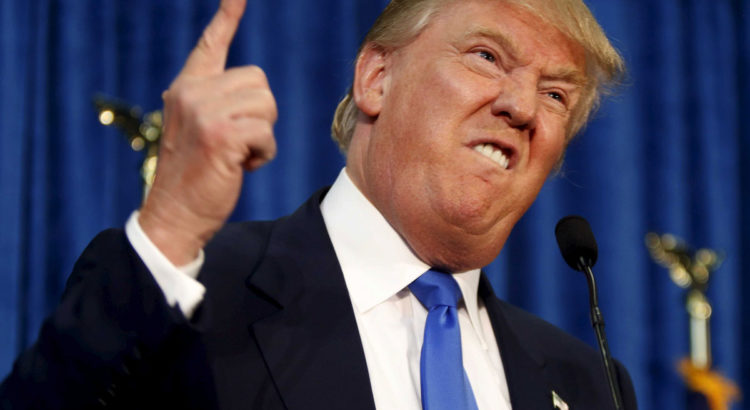In a recent post in Supply Management blog, editor Paul Simpson argues, for good reasons, that US president’s economic plans could signal a disruptive time for procurement.
Donald Trump’s determination to make it an “expensive mistake” for US companies to move manufacturing overseas is the biggest uncertainty facing the global economy in 2017.
On Twitter, the 45th US president warned that he would levy a 35% tariff on goods coming back across the US border. This threat was initially perceived as being targeted at US companies that manufactured abroad but Trump’s aide, Newt Gingrich, has said: “I suspect the tax will apply to all imports.” If Gingrich is right, the global economy could face the worst tariff wars since the 1930s. This would complicate any post-Brexit trade deal with the UK, which exported £46bn in goods to the US in 2015.
Republicans in Congress have drafted a plan to revive the US economy which slashes corporate taxes to 20% (from 35%), lets firms write off capital expenses immediately and encourages multinationals such as Apple to repatriate foreign profits. The trade off is that imports would effectively be taxed as they would become a non-deductible expense. This tax would raise $1trn in revenue. Without that money, Trump’s planned economic stimulus wouldn’t be viable.
One industry analyst, applying the new formula to six large US retailers (including Costco and Walmart), estimated that it would wipe around $13bn off their earnings.
The details of the final economic stimulus will evolve in negotiations between the administration and Congress. One alternative to an outright tax on imports would be to do what China does and give tax breaks for goods with a certain percentage of components made locally.
Whatever bill becomes law, Mike Pence, Trump’s vice president, suggested that businesses may have to live with uncertainty, saying that his boss would intervene “on a day-to-day basis” with certain companies to protect American jobs. The President’s offer of $7m in tax breaks helped persuade Carrier not to move its furnace manufacturing plant from Indiana to Mexico.
It remains to be seen whether a US president, even one whose party controls both houses of Congress, can modify global economic trends and create a “made in America” supply chain. There has been some reshoring in recent years, but most supply chains are still globalised because that is cost effective and offers quicker, easier access to such markets as China and India.
Trump’s election is a disruptive event for procurement. Sourcing materials globally will become riskier and more volatile. The paradigm shift in US economic policy will force many global businesses to continually scrutinise how they configure their supply chain to provide the service customers expect at the lowest possible cost.
The Trump effect
- Fiat Chrysler Investing $1bn in plants in Michigan and Ohio, creating 2000 jobs
- Apple Possibly reshoring and/or repatriating $216bn in cash to US
- Ford Has cancelled a $1.6bn factory in Mexico and will invest $700m in Michigan plant instead
- IBM Has pledged to create 2,500 American jobs in Trump’s first term
- Toyota Building factory in Baja, Mexico to make Corollas. Has invested $21bn in the US
- BMW Opening plant in Mexico in 2019 and investing $1bn in South Carolina
Read the full analysis on the Supply Management website
